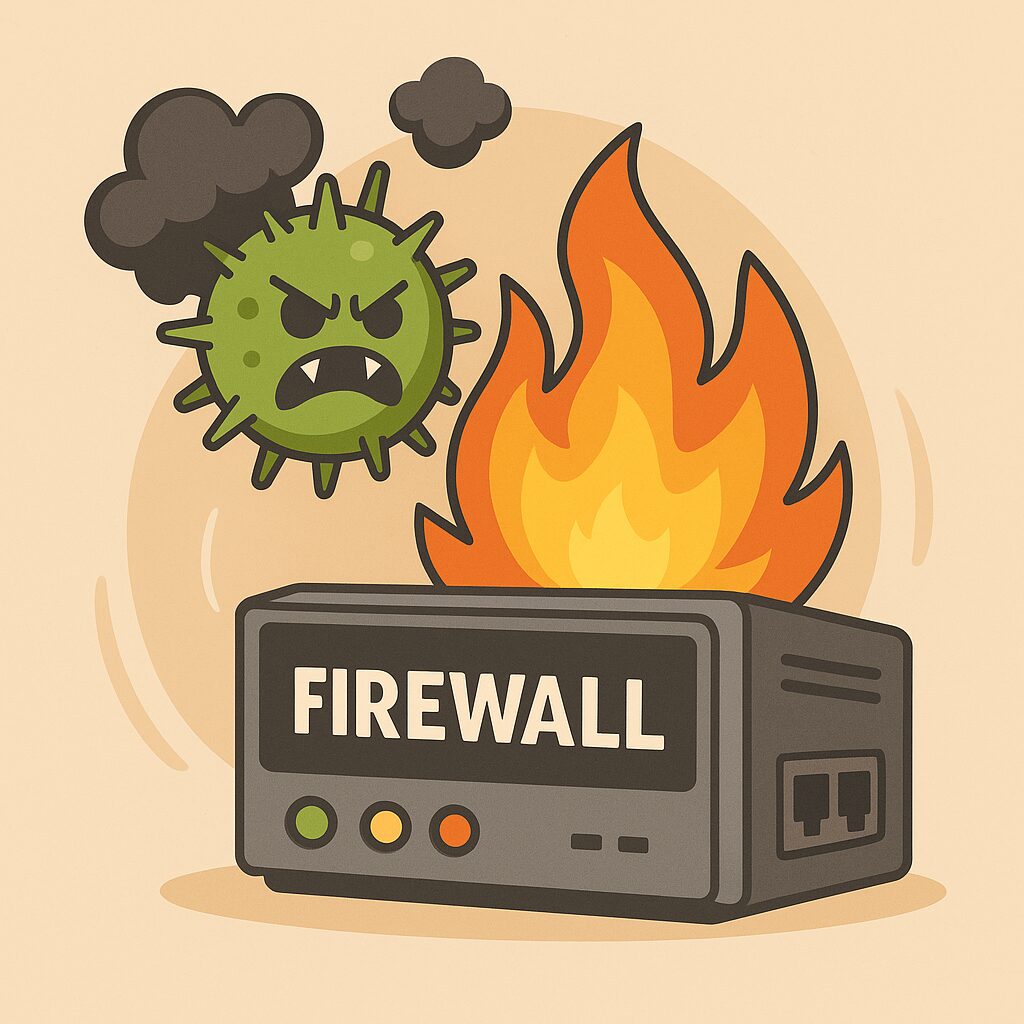Salt Typhoon, Nation-State Hacking, and What You Can Do to Protect Yourself

Every Thursday on KFGO, we cover tech topics that matter to everyday people and local businesses. This week, we’re tackling something you’ve probably seen in the headlines but might wonder, “What does this mean for me?”
Let’s talk about Salt Typhoon, nation-state hacking, and how you can take practical steps to stay safer online.
What is Salt Typhoon and What’s Happening?
Salt Typhoon is the codename Microsoft uses for a Chinese state-sponsored hacking group that has been quietly infiltrating some of the most critical parts of U.S. infrastructure.
Recently, it was revealed that Salt Typhoon and similar groups have targeted major telecommunications providers, energy companies, defense contractors, and even the National Guard. This is not petty cybercrime — it’s long-term, government-backed espionage aimed at gathering intelligence, disrupting systems, and positioning themselves for potential future leverage.
These hackers break into the backbone of the internet and phone networks, tapping into the systems that carry your calls, texts, and data. And here’s the hard truth: You, as an individual or small business, can’t stop nation-states from targeting the big players. But you can control how you protect yourself on top of that foundation.
What Can You Do Knowing This?
Even though the big telecom networks are out of your hands, there are smart, simple steps you can take to protect your communication, your accounts, and your devices from being easy targets.
Simple Cybersecurity Guide for Individuals & Small Businesses
1. Protect Your Communication
- Use encrypted messaging apps (Signal, WhatsApp, iMessage) for sensitive conversations
- Avoid sharing private or financial info over plain SMS or email
- For video calls, use platforms with end-to-end encryption when possible
2. Lock Down Your Accounts
- Turn on multi-factor authentication (MFA) for all important accounts
- Use an app-based authenticator (like Authy or Google Authenticator) rather than SMS codes
- Use a password manager to generate and store strong, unique passwords
3. Secure Your Devices & Network
- Keep devices, routers, and software updated — install security patches as they come
- At work, segment your network (separate guest Wi-Fi, office machines, servers)
- Change default passwords on routers, firewalls, and smart devices
4. Upgrade Your Security Tools
- Use reputable antivirus or endpoint protection at home
- For businesses, consider advanced tools like endpoint detection and response (EDR)
- Avoid public Wi-Fi whenever you can — if you must use it, always connect with a VPN and stay cautious
- Be cautious when charging devices in public — don’t plug into public USB ports at airports or coffee shops; use your own wall adapter to avoid “juice jacking” attacks
5. Stay Alert to Unusual Activity
- Watch for odd account activity, like unfamiliar logins or texts from your carrier
- For businesses, monitor firewall, VPN, and server logs, or work with an IT partner to do it for you
6. Have an Incident Response Plan
- Know who to call if you suspect a hack — your bank, your IT provider, your lawyer
- Keep an offline list of key contacts
- Teach your staff (or family) to recognize phishing scams and suspicious messages
Why This Matters
Nation-state hackers like Salt Typhoon are playing the long game. They’re not targeting your individual phone or laptop — they’re targeting the infrastructure beneath it.
But that doesn’t mean you’re powerless. By adding layers of encryption, improving your personal and business cybersecurity, and staying aware of scams and alerts, you make yourself a much harder target for everyday criminals — and you minimize the ripple effects of these big geopolitical cyber battles.
Final Thoughts
We can’t control what China, Russia, Iran, or other actors are doing in cyberspace. But we can control how we prepare ourselves and our businesses to be more secure, resilient, and ready to bounce back if something goes wrong.
At DarkHorse IT, we help local businesses and families protect what matters — whether it’s improving security tools, building a response plan, or just answering your tech questions.
Visit us at https://darkhorseit.com or check out more tips and KFGO segments at https://kfgo.darkhorseit.com. You don’t need to face the digital world alone. We’re here to help.
Liked this post? Follow this blog to get more.
 DarkHorse IT
DarkHorse IT
Leave a Reply